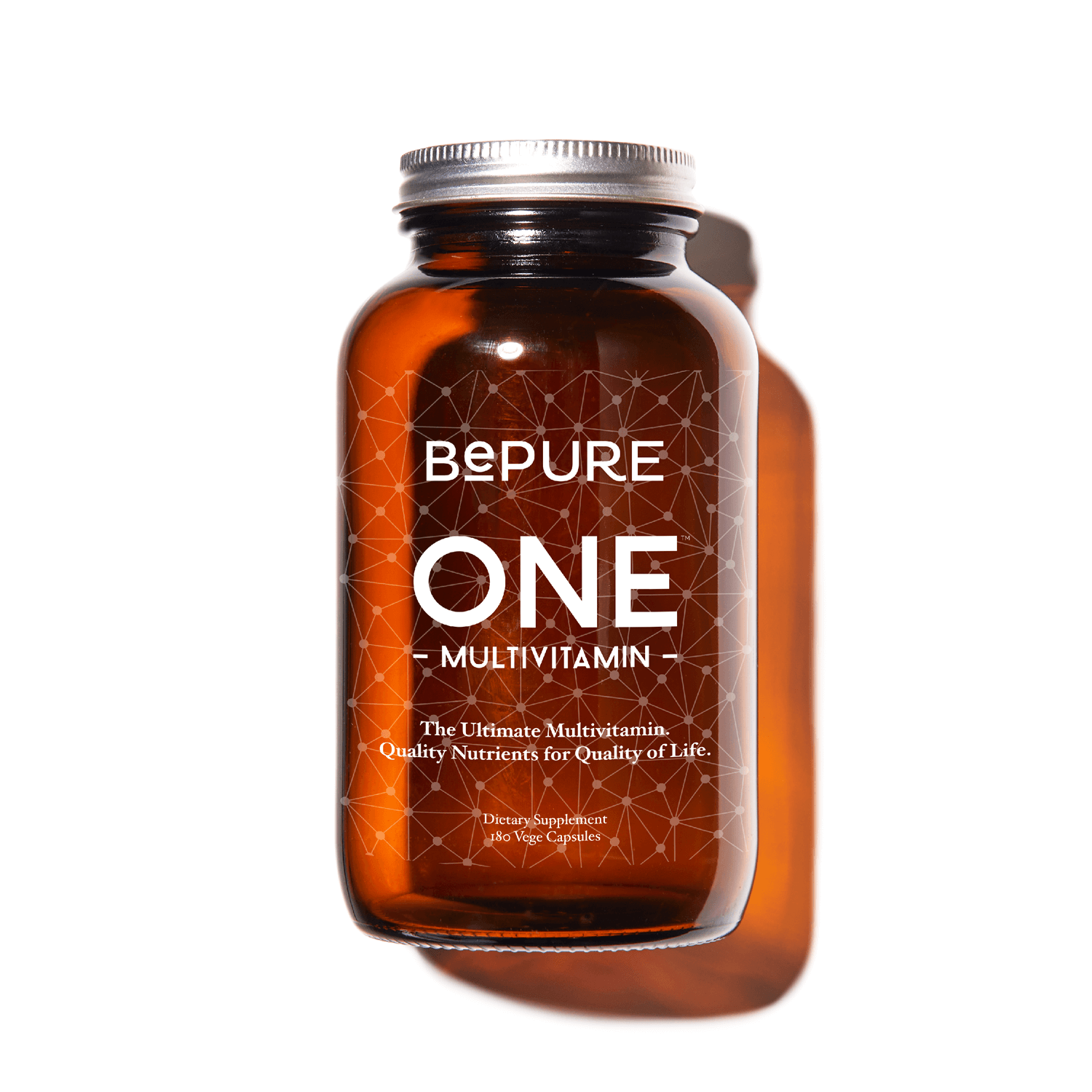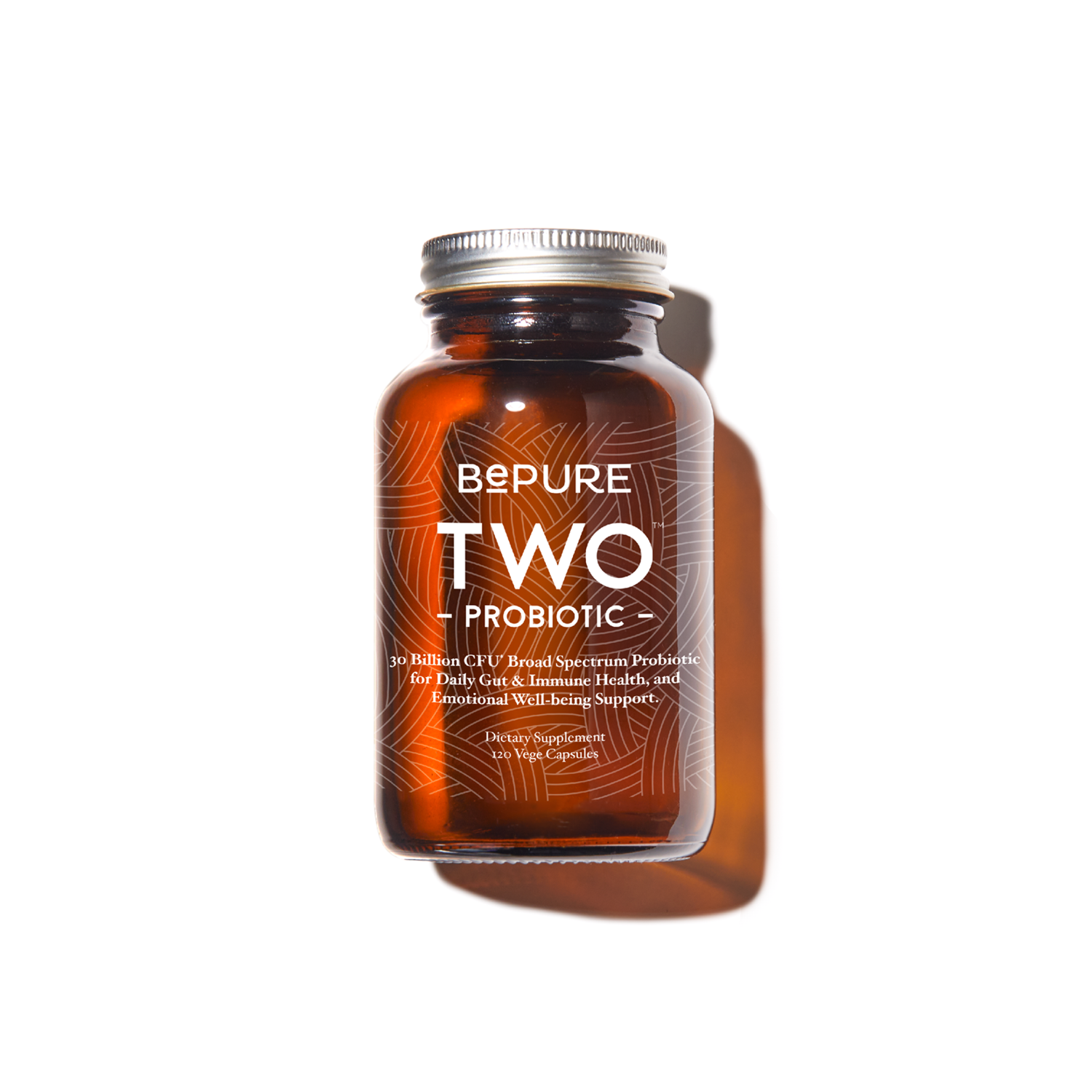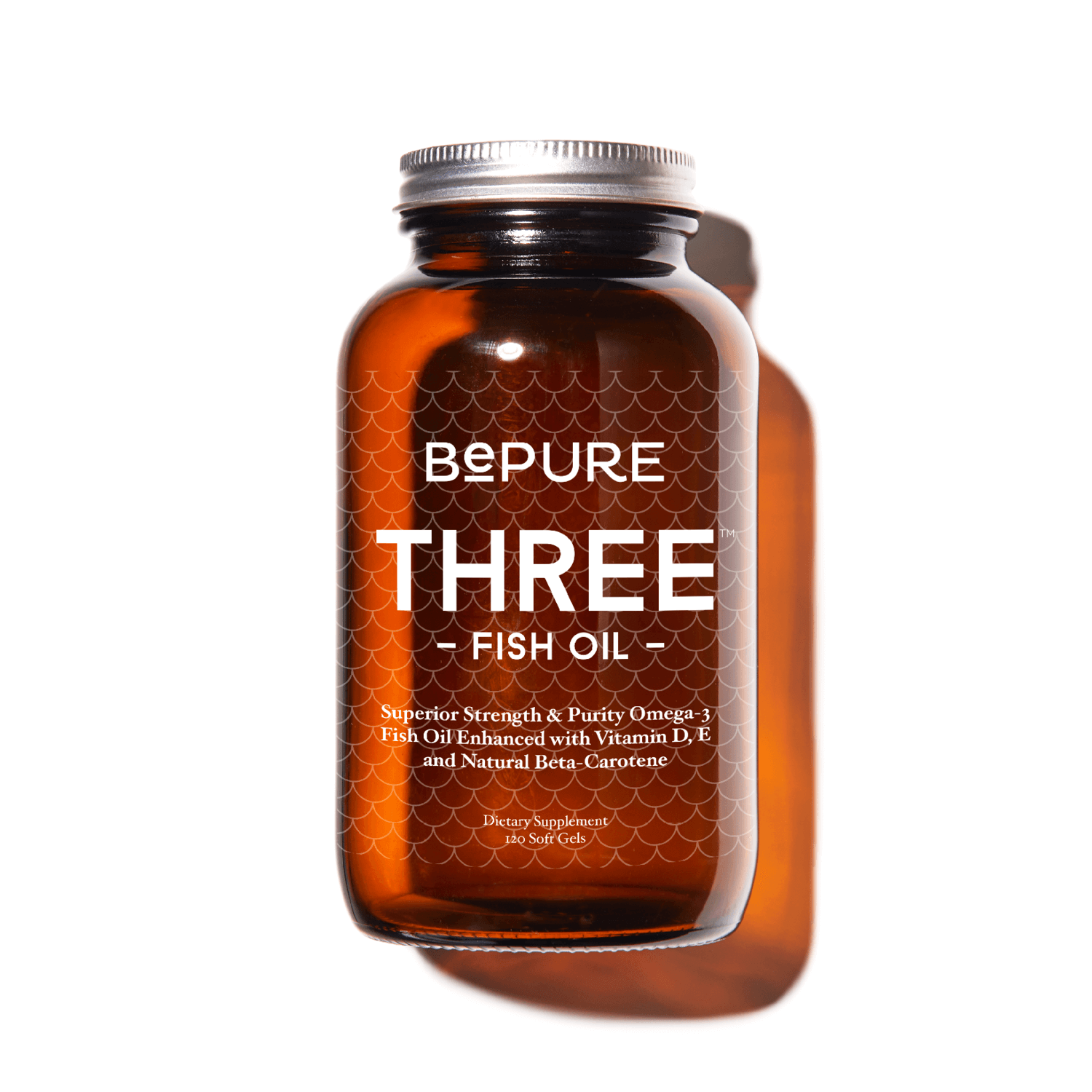My wellness journey with BePure started when I saw an ad on Instagram. As someone who has battled with gut issues for as long as I can remember, I was intrigued by a 5-star review on Digest Assist from a customer with Irritable Bowel Syndrome (IBS) and longed for the same results.
A staggering 1 in 7 New Zealanders are affected by Irritable Bowel Syndrome (IBS) and women seem to be twice as likely as men to get it.
Over the years I have learned my triggers and can anticipate what will cause an IBS flare-up. It’s the classics you will see if you google it:
- Stress
- Skipping meals / Eating on the go
- High-intensity workouts
- High FODMAP foods like onions, garlic, legumes, dairy, apples, (the list really does go on).
At this point, I was restricting foods and following a Low FODMAP diet, so I ordered Digest Assist (a digestive enzyme that supports the breakdown and absorption of your food) and took it consistently for 60 days. As a first step it did work, my bloating eased and I felt less sluggish after meals. It also gave me the confidence to go out for meals or have a take-out without being in crippling pain moments after.
After relying on Digest Assist for some time I pulled back from taking it. BePure recommends taking it for up to 6 months and then taking a break to see if your body is producing enough of our own enzymes & HCL - but as soon as I came off it and tried to reintroduce trigger foods, I went back to square one.
Gut health plays such an integral role in overall wellbeing – it literally is a driving factor and connection to everything. I learned more about how stress and lifestyle play a huge role in gut issues; most people who experience IBS also experience anxiety and poor immune health, which, in hindsight, explains a lot when I look at my health journey over the years.
I had grown up being told by doctors that IBS was just something I had to live with and learn to manage and whilst this is true in some cases, this was the first time I felt like I was being given tools, dietary advice and support to improve my health.
I got my nutrient levels tested to see if I had any deficiencies that could be playing a role. As someone who eats well and consumes lots of fresh fruit and vegetables, I was surprised by the results - low vitamin D, low iron, low B12, B9 and B6, this explained the fatigue and headaches I had also been complaining about. I added some essential supplements to my daily routine (BePure One, Zinc Restore, Iron Restore and Vit D Restore) to get my markers to optimal levels.
A few weeks on and I was feeling much better, my energy levels had improved and I had seen other benefits such as stronger hair and nails (that’s the zinc) but I was still restricting foods and didn’t know for certain what was behind this.
I then completed a Microbiome Mapping Test, this is a stool test done at home to indicate any parasites or worms, or bacterial, viral, fungal, or yeast overgrowth; providing very in-depth information specifically about what could be driving gut health concerns and taking the ‘educated guessing’ out of things. The results came back from the lab and everything became a bit clearer. I had an overgrowth of bacteria: Sulphate Reducing Bacteria (SFB), which can cause inflammation and further disease as well as deplete beneficial bacteria (the good bugs).
Similarly to high FODMAP foods, I had a sensitivity to sulphur. As sulphur plays an important role in crucial functions in our bodies, it wasn’t something I could just avoid long term, instead, Dray advised me to follow a no or low-sulfur diet for a short period of time, followed by a staged reintroduction, we did this alongside some gut protocol to reduce this bacteria. I also began taking Magnesium Restore and a Molybdenum supplement, along with epsom salt baths consistently.
My top recommendations for anyone dealing with gut health issues:
- Speak to a practitioner - everyone’s health journey is unique. Going deeper can help you figure out what is causing your symptoms and what you can do about it.
- Low FODMAP diets can be necessary but they are so restrictive and aren’t recommended for long term use.
- Test your nutrient levels and add quality supplements like BePure’s Gut Regular to your diet to reach optimal levels.
Take what you need from my IBS toolkit:
- Yoga and mindfulness can reduce stress.
- Peppermint oil or tea when you experience a flare-up.
- Aloe vera juice or bone broth to support digestion.
- Start your day with a quality protein shake for breakfast.
- Eat whole food meals regularly and try to minimise processed foods, dairy, sugar and alcohol.



